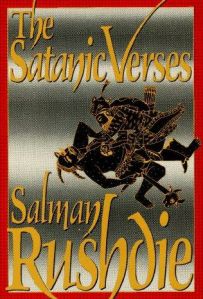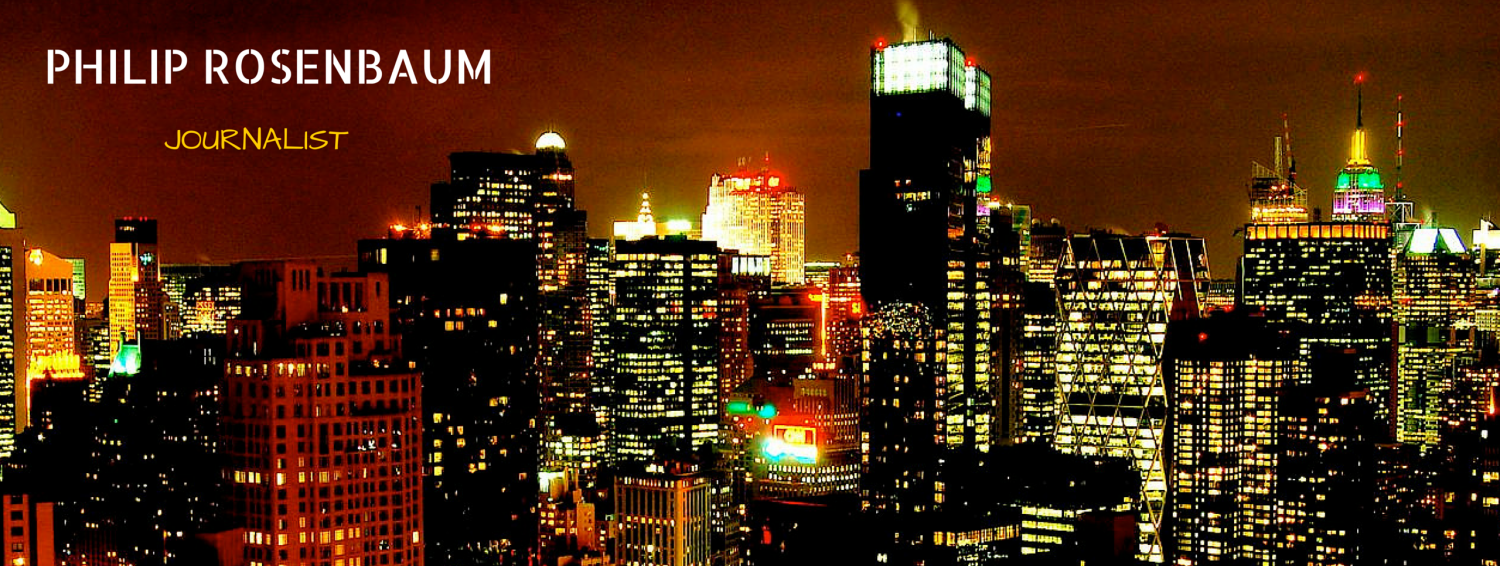By Philip I. Rosenbaum, Associated Press Writer
September 26, 1989
NEW YORK (AP) – The Satanic Verses” is one novel that shook the world, but one year and 1.1 million hardback copies after it was released, the factors publishers weigh when deciding what to put in print remain the same, experts say. 
“The book was one of a kind – I mean it was a fictional fantasy that happened to affect large numbers of people and particularly people in positions of power, and I think that’s a very unlikely thing to be repeated right now,” said John Baker, editor-in-chief of Publisher’s Weekly, a major trade magazine.
Late Iranian spirtual leader Ayatollah Ruhollah Khomeini fixed the world’s attention on “The Satanic Verses” on Feb. 14, when he put a $5.2 million bounty on the life of its author, Salman Rushdie. Khomeini also urged Muslims to kill his publishers at Viking Penguin Inc.
The book, which most Muslim nations banned and condemned, charging it blasphemes Islam, plunged Iran into a major confrontation with the West.
Viking Penguin says its decision to publish the book was not influenced by its potentially inflamatory content.
“We certainly didn’t buy ‘The Satanic Verses’ because we thought it would be controversial, we bought it because we think Salman Rushdie is one of the most distinguished authors of the late 20th century,” said Paul Slovak, a spokesman at the publishing house, which is a division of the British media company Pearson PLC.
Slovak declined Monday to disclose revenue or profit figures for the book. But he added that despite the huge sales, Viking Penguin may just about break even due to the costly security measures it was forced to take.
“We can’t let our guard down completely even now,” he said.
The book’s release in England last Sept. 22 led to a series of bookstore bombings and other troubles, including the refusal of some stores to stock it out of fear for their safety.
“The Satanic Verses” first appeared in U.S. stores in January, though it wasn’t officially released in this country until Feb. 22.
David Rubin, a New York University journalism professor, said the determining factor among book publishers in deciding what books to offer is profitability, not whether it will be controversial.
“The notion of publishing a book because it is critical of government or some group – Palestinians, Muslims, or Jews – and banking on that and the publicity that may come from it is much too speculative a strategy for people who are basically kind of accountants,” Rubin said.
Added Barbara Reno, a spokeswoman for Simon & Schuster, “People assume a lot of the time publishers aren’t publishing a book because they’re worried about controversy – in fact, they’re making business decisions.”
Jeffrey Robinson, who wrote a best-selling, controversial biography of former Saudi Arabian oil minister Ahmed Zaki Yamani published in England, said profit motivated Viking Penguin to print more copies of the “Satanic Verses” when demand skyrocketed.
“That’s just fueling the fires,” said Robinson.”I think most publishers would be very wary of getting involved with a book like that again.
“But there will always be somebody,” he added.
Morgan Entrekin, an independent publisher under the umbrella of Atlantic Monthly Press, said: “It gets very dangerous if you let yourself get censored a priori. I don’t go looking for trouble, but I try not to let it influence me too much.”
Charles Hayward, president of the Trade Division at Simon & Schuster, said controversy should not factor into a book’s rejection.
“I don’t think you can be selective; you’ve got to publish books that deserve to be published, otherwise that’s where the self-censorship would begin and where would it end?
“Satanic Verses was such an extreme, there’s no way to anticipate that type of outrageous reaction.”
But, he admitted, “We sometimes buy controversial books to generate news.”
